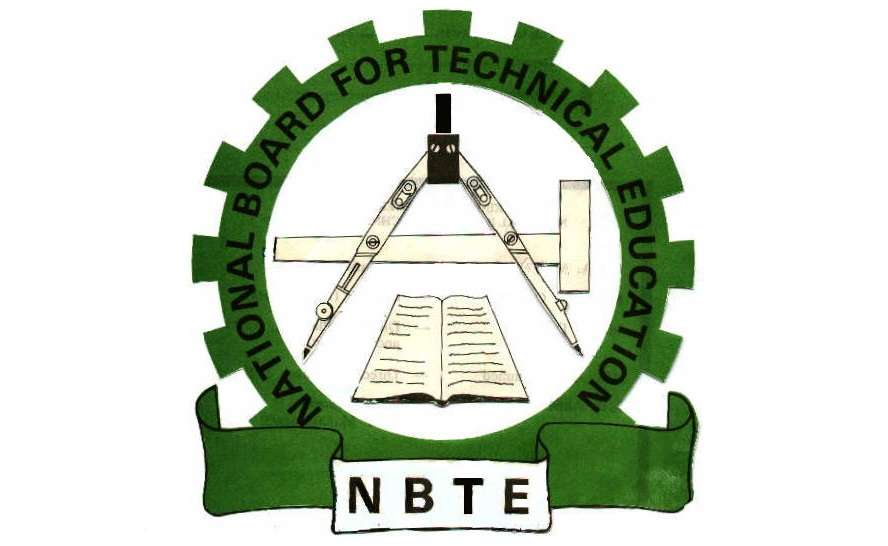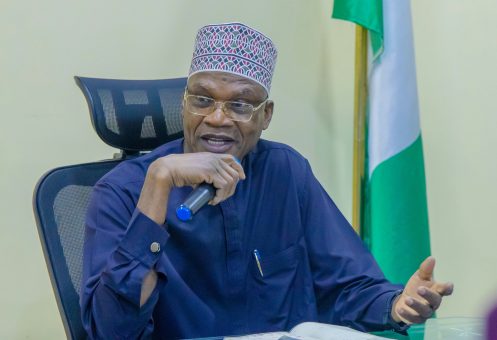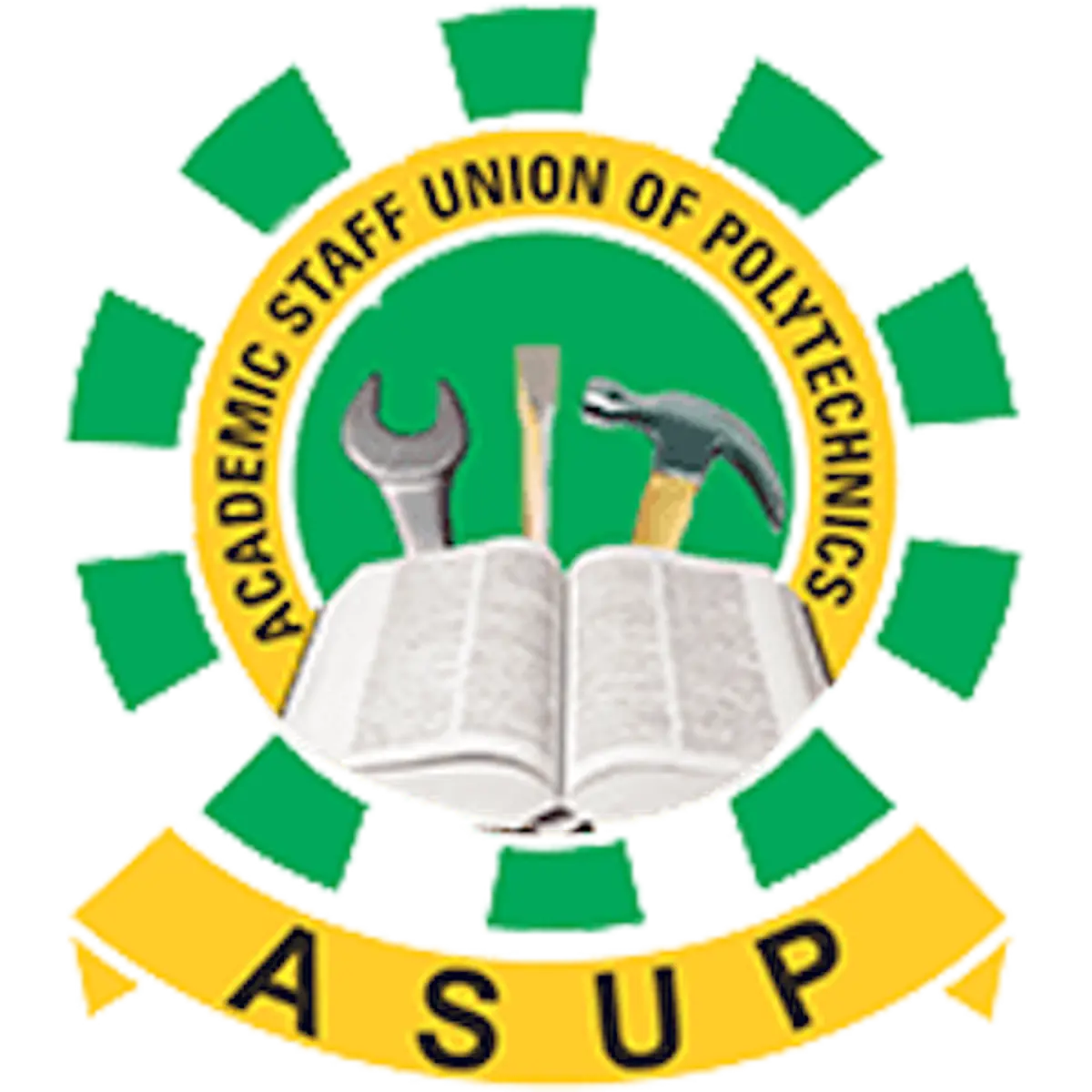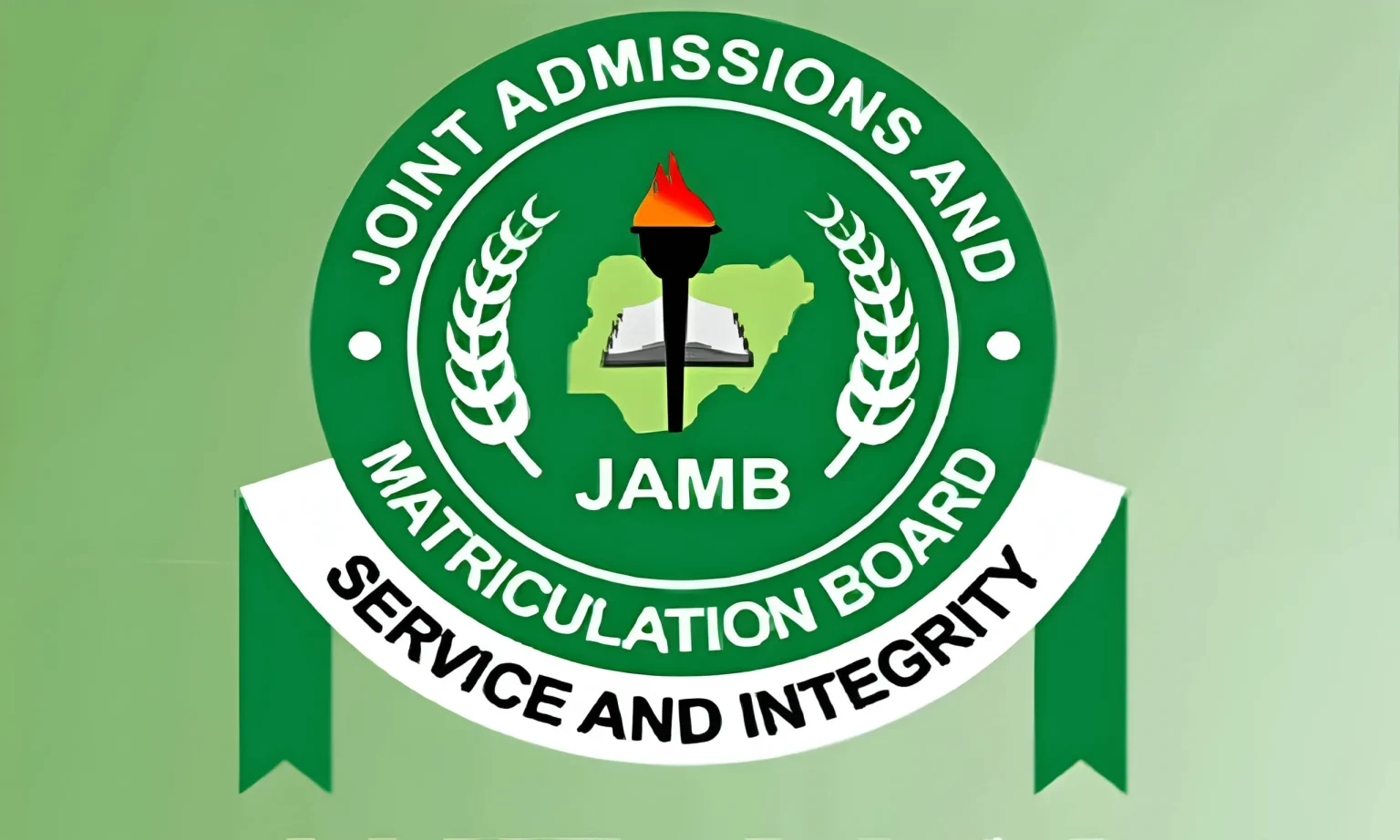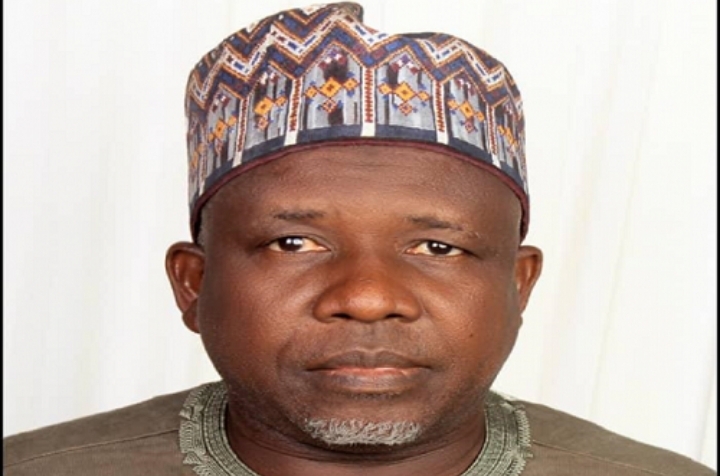EKO HOT BLOG reports that Sani Gwarzo, the Permanent Secretary in the Federal Ministry of Education, speaking at a public hearing on a bill to create the National Polytechnics Commission, stated that the commission is long overdue and will ensure proper regulation of the sector.
He praised the House for initiating the bill, noting that it should have originated from the ministry. Gwarzo added that the commission will align Nigerian polytechnics with global standards, and the ministry will support efforts to establish it, pledging assistance for the bill’s quick passage.
At the public hearing, Speaker of the House Abbas Tajudeen highlighted that the commission will act as a regulatory body to uphold standards across polytechnics nationwide.
He siad that the initiative aims to enhance education quality and promote uniformity and excellence within the polytechnic system.
Tajudeen stated that this effort aligns with the legislative agenda to improve the country’s educational framework, ensuring graduates are well-prepared for industry demands and can significantly contribute to the economy.
Abbas said: “We recognise that in an increasingly competitive global environment, it is imperative that we equip our youth with relevant skills and knowledge. The proposed agency and institutions will serve as beacons of excellence — providing qualitative education that meets international standards while also being tailored to meet local needs.
“In recent years, there has been an increasing recognition of the critical role that technical and vocational education plays in national development.
He said further that the creation of the Federal Vocational and Entrepreneurship Institute in Lagos State will provide essential training opportunities for aspiring entrepreneurs and skilled workers alike.
Faud Kayode Laguna, Chairman of the House Committee on Federal Polytechnics and Higher Technical Education, said the public hearing aims to facilitate the passage of the bills into law.
Each bill is designed to improve socio-economic development and promote sustainable human capital development for a self-reliant society.
